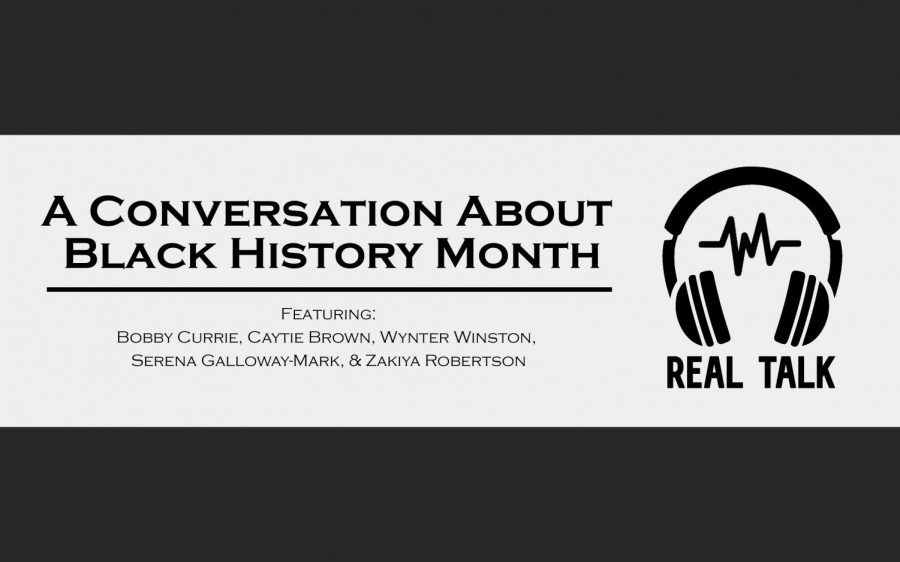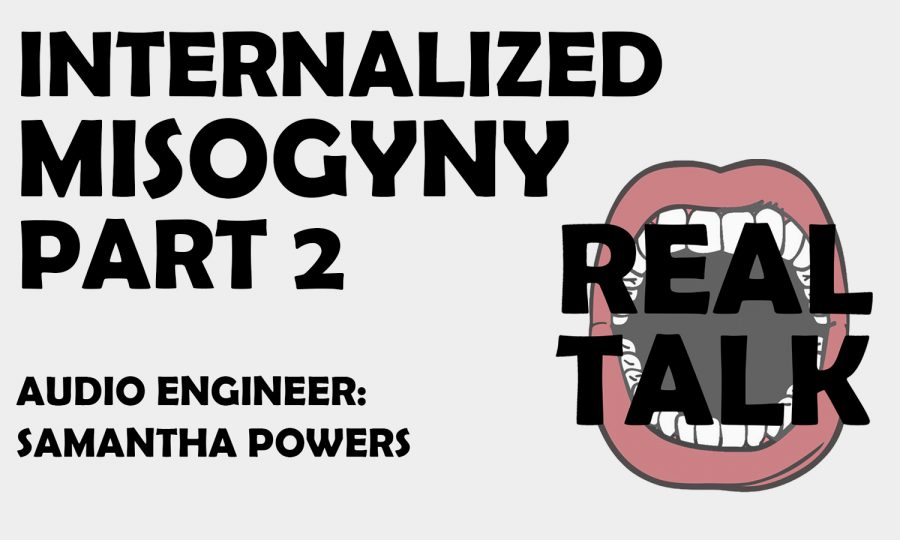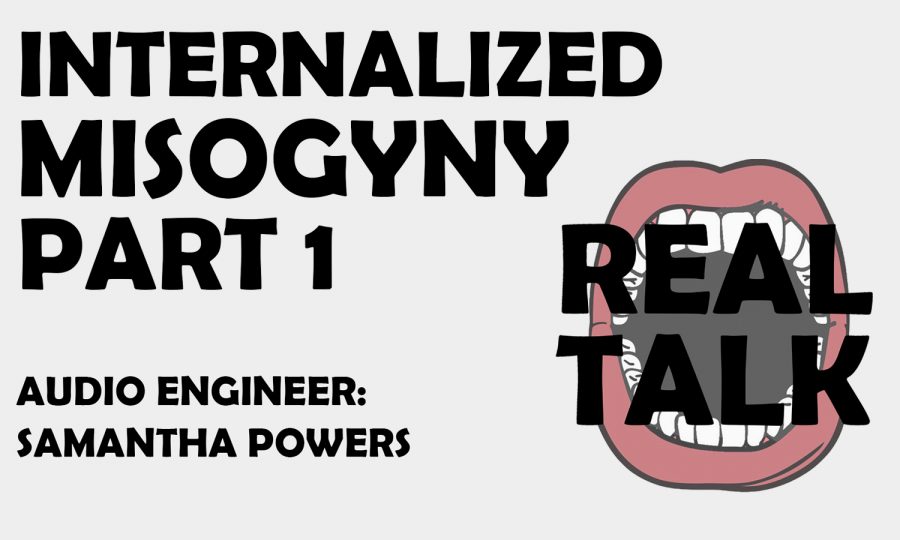In the latest episode of Real Talk, sophomore Caytie Brown, freshman Serena Galloway-Mark, senior Zakiya Robertson, junior Wynter Winston, and host, junior Bobby Currie, discuss the importance of Black History Month and why upholding and celebrating Black voices and stories should be year-round.
Their conversation begins with a consideration of how and why Black History Month is in February and considers why January might make more sense given that it includes Martin Luther King Jr. Day and a full 31 days instead of 28 (or 29) like February.
The group then considers what happens the other 11 months of the year or more to the point what should happen. The group maintains that Black figures are rarely covered in school outside of February and that the February coverage focuses on slavery and too few deserving Black figures.
The solution in school would be to learn about more inspirational Black figures throughout the year.
In the current absence of such a curriculum, the panel said it turns to social media, which has exposed the group to valuable Black history and provided essential context for understanding current injustices plus the origins of Black discrimination and racism. For example, social media helped them learn the parallels between today’s policing system and the slave patrols of antebellum times.
The conversation then moved to the Black Lives Matter movement, and the effect of the “All Lives Matter” countermovement on the Black community. They find that saying “All Lives Matter” is just a way to cancel out the Black Lives Matter movement and invalidates the systemic oppression embedded in American culture.
The group discusses how the pandemic has provided greater anonymity, which has allowed perpetrators of hate a way to “hide” better. Systemic oppression also is seen in the long history of white people being treated as “superior,” giving white people “the head start.”
Because of this privilege, Black History Month and studying Black history year-round is critical to learn the history of Black oppression and Black resilience in the face of that oppression. That understanding is the first step toward creating more equality and creating a truly anti-racist culture.
The group feels disappointed in some of the activism seen on social media that feels performative. Black squares on Instagram accounts, for example, are no substitute for substantive action and change.
Worse than performative activism is the “All Lives Matter” movement, which is built upon faulty and ultimately discriminatory logic.
Circling back to Black History Month, the groups is happy to see the expansion of Black History Month activities in recent years but wishes that more teachers would make the Black History Month events available to Black students and to all students












